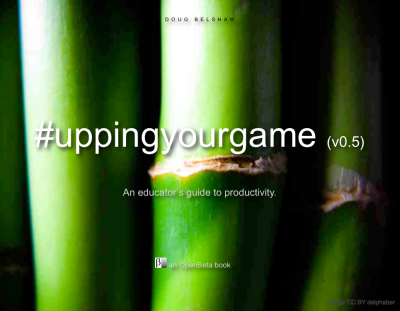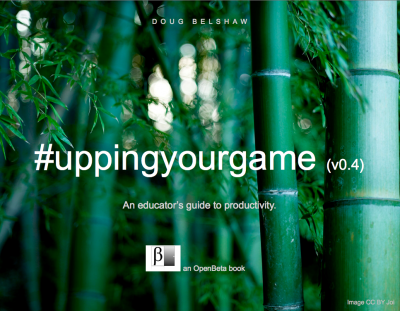Journals, academia and the ivory tower.
This post will make more sense if you read this one first: You need us more than we need you. Further to the results of my reader survey, it will probably resonate more with you if you’re in Higher Education…

So how did academic journals come about?
Until the late seventeenth century, communication between scholars depended heavily on personal contact and attending meetings arranged by the early learned societies (e.g. the Royal Society). As the membership of these societies increased, more people could not attend the meetings and so the Proceedings, usually circulated as a record of the last meeting became a place to publish papers that had not been presented at the meetings at all and moved towards what we now recognise as scholarly journals. (Wells, 1999)
So journals are a replacement for personal contact.
Are they good for anything else? Brown (1997) cites the following:
- distributed (many copies are stored in many places)
- scholars trust and understand the system
- journals have prestige built up over many years
- portable and easy to read
Which of the above benefits either (a) cannot, or (b) are not currently able to be replicated by another system?
Some would argue that an important difference between (for example) a blog post and a journal article is that the latter has been formally peer reviewed.
However, as even the editor of The Lancet points out:
The mistake, of course, is to have thought that peer review was any more than a crude means of discovering the acceptability — not the validity — of a new finding. Editors and scientists alike insist on the pivotal importance of peer review. We portray peer review to the public as a quasi-sacred process that helps to make science our most objective truth teller. But we know that the system of peer review is biased, unjust, unaccountable, incomplete, easily fixed, often insulting, usually ignorant, occasionally foolish, and frequently wrong. (Horton, 2000)
Just how big do the cracks in the ivory tower have to get before the whole edifice tumbles?
Odlyzko (September 1997) points out that there was an “extensive resistance to print by scholars” in Gutenberg’s time which included calls to ban the new technology because only trash was getting into print and books were not as durable as parchment. The reaction to the Web of today’s scholars has largely echoed the reaction of scholars to the printing press in the 15th century. (Well, 1999)
Is the only reason we persist with journals and their articles is because they provide a convenient means to weigh the pig?
Image CC BY-NC-SA Lal Beral
References:
Brown, S.A. (1997). Scholarly publishing using electronic means : a short guide. Newcastle: Northumbria University
Horton, R. (2000). “Genetically modified food: consternation, confusion, and crack-up”. MJA 172(4), p.148–9
Wells, A. (1999) ‘Exploring the development of the independent, electronic scholarly journal.‘ Sheffield: University of Sheffield


